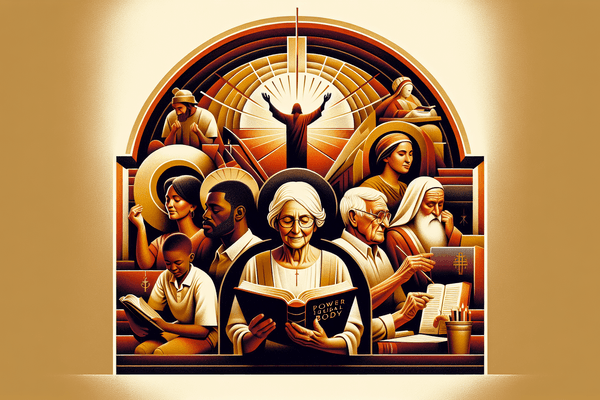The Biblical View on Body Piercings
While the Bible does not explicitly address the topic of body piercings, it provides principles that guide us in honoring our bodies. In 1 Corinthians 6:19-20, we are reminded that our bodies are temples of the Holy Spirit and therefore should be treated with respect and care. This passage urges us to glorify God through our physical being, a principle that can inform our approach to body piercings and adornments. The emphasis on inner beauty over outward appearance is further underscored in 1 Peter 3:3-4. Making decisions about our bodies, such as piercings, should be done thoughtfully, considering how our choices reflect our faith and values. Verses like Romans 12:1, 1 Corinthians 10:31, and 1 Timothy 2:9 offer additional insights into how we can present ourselves in a way that honors God and upholds our Christian witness.
The Concept of the Tabernacle in the Bible
In biblical times, the tabernacle was more than just a physical structure; it was a sacred space where God's presence dwelt among His people. Described in detail in Exodus 25:8-9, the tabernacle served as a tangible reminder of God's nearness during the Israelites' wilderness journey. As Christians, the metaphor of the tabernacle takes on a new dimension, symbolizing God's indwelling presence within us. Scriptures such as 2 Corinthians 6:16 and 1 Corinthians 3:16 reinforce this imagery, portraying believers as the modern-day tabernacle where the Holy Spirit resides. The historical and spiritual significance of the tabernacle provides a rich context for understanding our relationship with God and the reverence we should have for His presence in our lives.
Starting Your Journey in the Bible
For those new to biblical study or seeking a deeper understanding, the book of John is an excellent starting point. It offers a comprehensive account of Jesus Christ's life and teachings, making the message of salvation accessible and relatable. John 1:1 introduces us to the Word that was with God and that was God, setting the stage for the profound truths to come. John 3:16 reveals the heart of the gospel—the promise of eternal life through belief in Jesus. John 14:6 provides guidance on the way to the Father, and John 10:10 promises a full and abundant life to Christ's followers. Each verse in John serves as a stepping stone, leading us closer to understanding the core of Christian faith and life.
Conclusion
As we conclude our exploration of these biblical themes, we are reminded of the enduring relevance and depth of scripture. Conversations such as understanding salvation, morality, and the distinctions between Christian denominations encourage us to reflect on our own lives and the ways in which we practice our faith. By engaging with these teachings, we deepen our relationship with God and gain a greater understanding of His will for us. Whether we are grappling with difficult decisions or seeking to enrich our spiritual journey, the Bible offers guidance, wisdom, and the assurance that with God, indeed, all things are possible.






